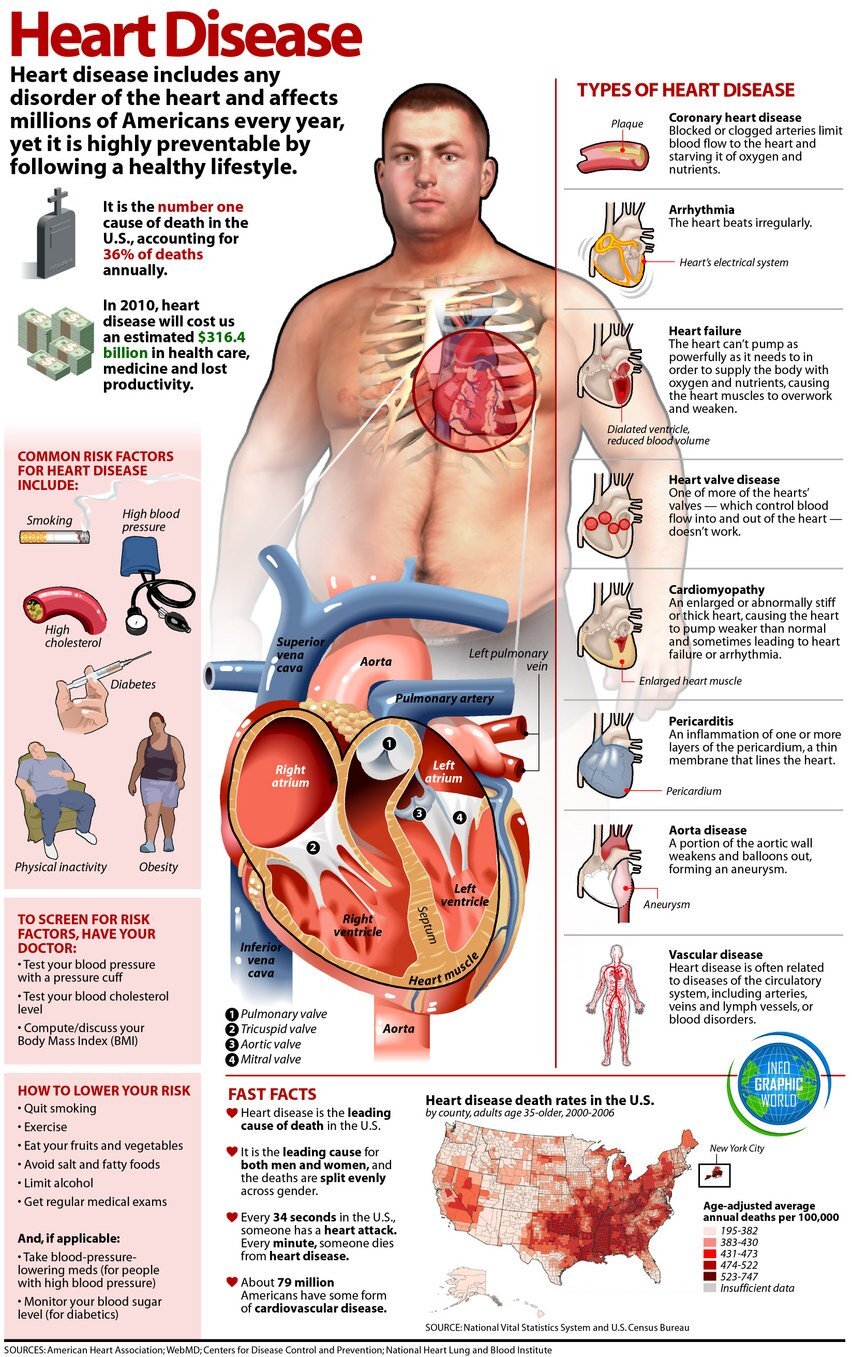High fiber diets during early adult years can lower lifetime cardiovascular disease risk. Research reveals that high fiber diets could be an important heart-healthy life style change that can be made by young and middle-aged individuals. The study found that 20 to 59 year old individuals having the highest intake of fiber had a substantially lower estimated lifetime cardiovascular disease risk in comparison to those with the lowest intake of fiber.1✅ JOURNAL REFERENCE
PMID: 10.1016/j.amjcard.2013.09.020
It’s always been known that high fiber diets can help with losing weight, lowering cholesterol and improving blood pressure. Weight, cholesterol and blood pressure are major determinants of long-term cardiovascular disease risk.
The recommendation from the American Heart Association for high fiber diets is 25 grams of dietary fiber or more per day. This daily fiber intake should come primarily from whole foods, and not processed fiber bars, drinks and supplements. Processed foods might be high in fiber, but they are also usually quite high in sodium and calories.
Study participants’ blood pressure, diet, total cholesterol, history of diabetes and smoking status was considered and then a formula was used for predicting lifetime cardiovascular disease risk.
20 – 39 year old and 40 – 59 year old individuals with the highest intake of fiber showed a significantly lower lifetime cardiovascular disease risk in comparison to individuals with the lowest intake of fiber.
In 60 – 79 year old individuals, intake of dietary fiber was not significantly linked to a reduction in lifetime cardiovascular disease risk. It is possible that a long period of time is needed for the dietary fiber’s benefits, and older individuals could have already developed significant heart disease risk before they had started a high fiber diet.
The study results indicate that starting a high fiber diet can help to improve long-term heart disease risk.
